CHANA Addresses Teen Dating Violence Through Open Conversations
1.5 million high school students nationwide experience physical abuse from a dating partner in a single year.
Yet, 4 in 5 parents do not believe teen dating violence is an issue. February is Teen Dating Violence Awareness Month, a great opportunity to educate young people and their parents about healthy relationships and the warning signs of abuse.

CHANA, a vital resource in our community, provides education and support to ensure teens have safe, respectful relationships. Through intimate parlor meetings and expert-led discussions, CHANA helps parents gain the knowledge they need to guide their children through these formative experiences. With teenagers naturally seeking more independence, it can be difficult to know when to step in or when to simply be a supportive presence. But the worry lingers—do they recognize the red flags? Do they know what to do if a relationship turns unhealthy?
That’s exactly why CHANA provides crucial programming to educate and empower both teens and their parents. One of CHANA’s most effective outreach efforts is through parlor meetings—intimate gatherings where small groups can openly discuss difficult but necessary topics, like teen dating violence.
A Parent’s Perspective: Bringing the Conversation Home
CHANA’s board chair, Joanna Rogers, hosted a parlor meeting in her home focused on teen dating violence. As a mother of three, ages 17, 15 and 12, she knows how important it is to create a space for parents to talk about this issue and learn together.
“I wanted to bring together a group of parents navigating similar challenges,” she shared. “We needed to understand what red flags to look for and how to support our kids in developing healthy relationships. Knowing when to step in—and how to do it appropriately—is something every parent wonders about.”
These meetings, customized by CHANA to fit the concerns of each group, provide both education and practical tools. One of the most eye-opening takeaways from the discussion?
“The expert shared that you should never block someone on your teen’s phone,” Joanna said. “If you do, you lose a crucial way to monitor what they’re saying or doing, and you might miss signs that their behavior is escalating into something more dangerous.”
The Reality of Teen Dating Violence
Teen dating violence is more common than many realize. Data from CDC’s Youth Risk Behavior Survey and the National Intimate Partner and Sexual Violence Survey indicate that 1 in 11 female high school students and 1 in 14 male high school students experience physical dating violence. Additionally, 1 in 8 female students and 1 in 26 male students experience sexual dating violence. But dating violence isn’t limited to extreme cases—unhealthy relationship patterns can also include emotional manipulation, controlling behaviors and excessive jealousy.
CHANA’s Executive Director Lauren Shaivitz emphasizes that awareness is key. “So often, young people don’t realize they’re in an unhealthy relationship until they are already in deep. By educating both teens and parents, we can prevent these situations before they escalate.”
Turning Awareness into Action
For Joanna, hosting the meeting was a game-changer. “It definitely prompted me to have more open conversations with my kids about what healthy relationships look like. We talked about boundaries, red flags and even behaviors like love-bombing—when someone showers you with excessive attention early in a relationship.”
Beyond the content of the discussion, the format of these small gatherings made a difference. “The parlor meeting allowed for a relaxed and intimate space where people felt comfortable asking questions,” she explained. “It was a mix of serious discussion and casual conversation—exactly the kind of setting where people feel safe being honest.”
Other parlor meetings hosted through CHANA have focused on elder abuse, signs of mistreatment in young children and other sensitive but critical topics. The benefit of these conversations extends beyond the meeting itself—attendees walk away more informed and prepared to address these issues in their own lives.
Teen dating violence is a topic that can feel overwhelming, but by fostering open conversations and staying informed, parents can play a crucial role in keeping their teens safe. CHANA continues to be a leader in these efforts, providing the education and resources necessary to create a safer future for our children.
For more information on CHANA’s programs or to host a parlor meeting, visit chanabaltimore.org.
Subscribe to our newsletter
The Associated is a home for everyone in the Baltimore Jewish community. We offer several email lists to help people find a community, engage with their peers and support Jewish journeys around the world.
Join Our Mailing ListAdd Impact to Your Inbox
Sign up for our newsletter
Subscribe to our newsletter
The Associated is a home for everyone in the Baltimore Jewish community. We offer several email lists to help people find a community, engage with their peers and support Jewish journeys around the world.
Join Our Mailing List
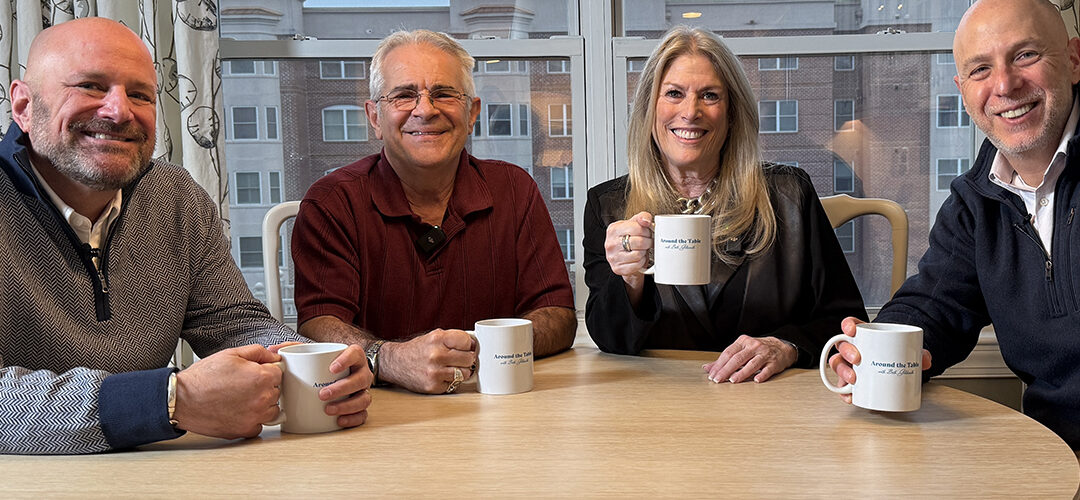
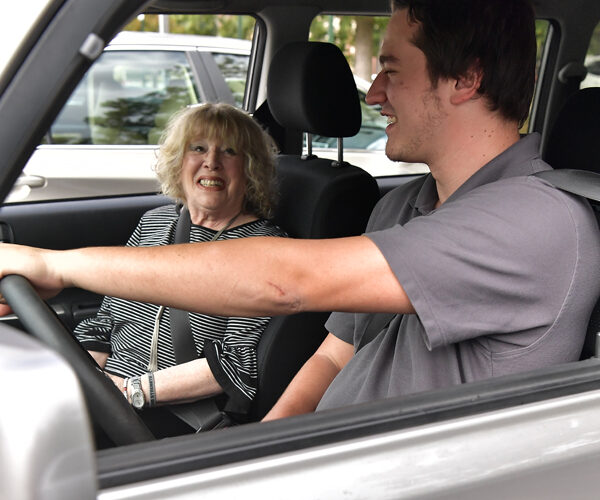

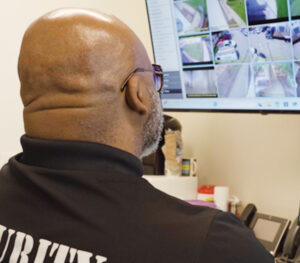
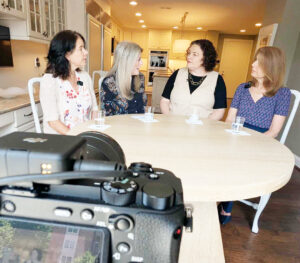



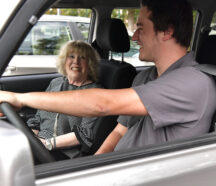
 Please Wait while we loading your video.
Please Wait while we loading your video.